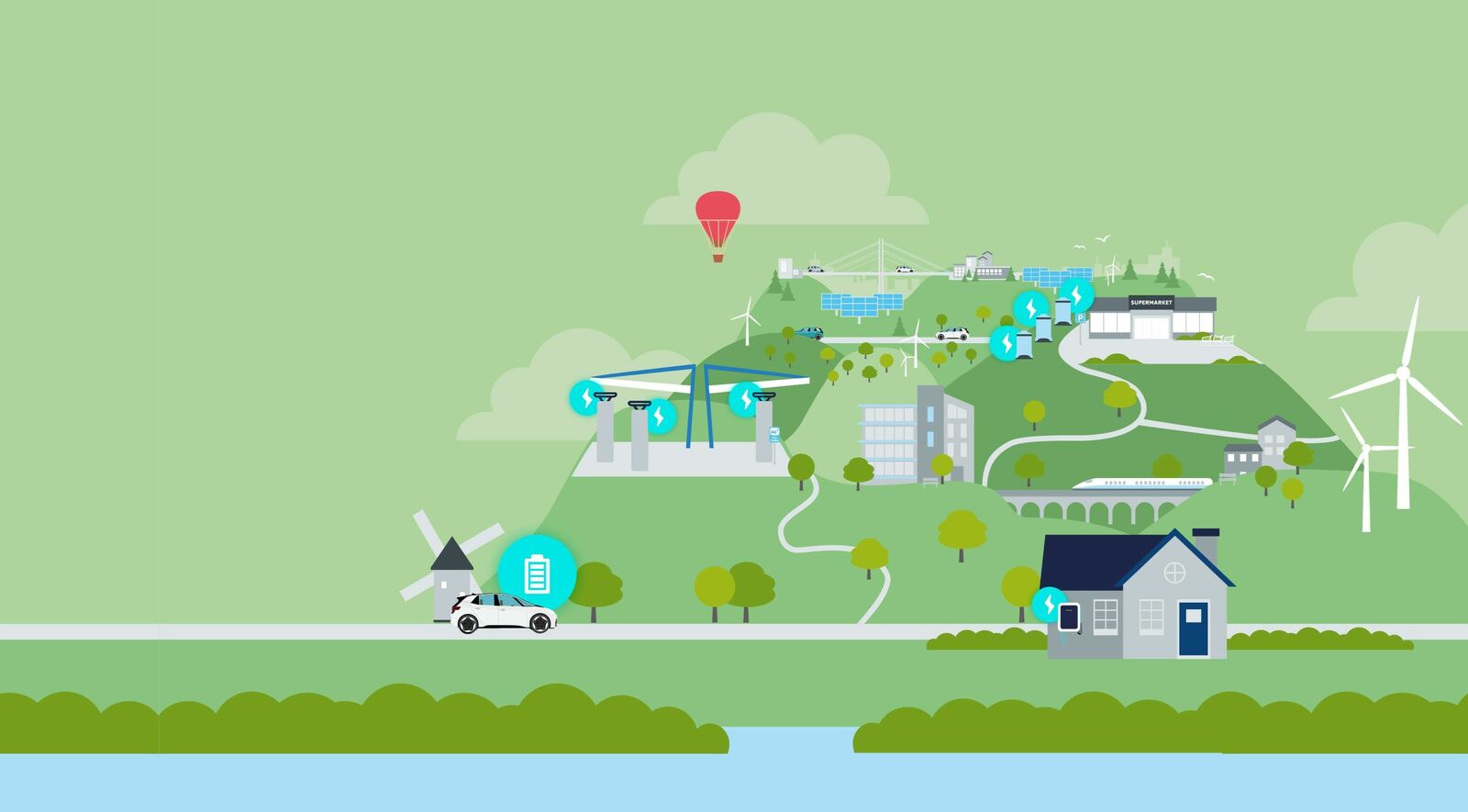Will there be charging parks in every major German city in the future?
I strongly believe in the concept of rapid charging parks. The driver has an infrastructure that is quick and easy to access, and is highly likely to have a free charging point due to the high turnover. This means no long waiting times. For cities, charging parks will take up a relatively small area of land, which is even close to zero if petrol stations are repurposed as charging parks. A strong argument in the age of large-scale land usage. Service station operators, in particular, are interested in this model, since people charging their cars stay longer, meaning they have more time to go shopping. The third aspect is the power supply. The charging parks are connected to what is known as medium voltage. This network level is above the level at which households are supplied with power. Significantly more power is available here than in the low-voltage network – and the power is cheaper, which you notice as a customer. So, the charging park model is extremely attractive from the perspective of all stakeholders.
Does the quality of the power supply also need to improve?
Electric mobility only makes sense if it is run using renewable energy. This is another reason why we need a systematic energy revolution in Germany and Europe. In the future, cars will be able to communicate when it is best to charge them, so that they can be supplied with green energy. Along the lines of: Please charge when it is windy or when the sun is shining. In doing so, the cars can already actively promote the energy revolution.
How do you think pricing levels will change?
Charging at home means your energy costs are already lower than when filling up with diesel, for example. But there is still a bit of an issue when it comes to the prices for using public charging stations. This takes us back to charging parks: With charging card subscription models, as offered by IONITY, for example, customers pay a similar price to charging at home. You can see that the system has the potential to be cheaper than combustion engines in the long term and in every situation – we’re making very good progress.
